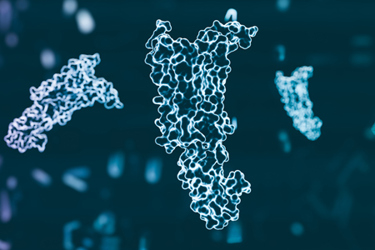Understanding Biotherapeutic Peptides And GLP-1 Receptor Agonists

Biotherapeutic peptides represent a promising class of therapeutic agents that offer several advantages over traditional small molecule drugs and protein-based biologics. These peptides often demonstrate superior efficacy, safety, and tolerability in human patients, which makes them an attractive option for treating a wide range of conditions. However, ensuring the safety and effectiveness of biotherapeutic peptides requires rigorous control of product quality. One critical aspect of this is the characterization and monitoring of product impurities. Impurities, if left unchecked, can compromise the therapeutic performance and pose risks to patient health. Therefore, a robust analytical framework must be in place to detect, quantify, and manage these impurities throughout the development and production lifecycle.
As the field of peptide therapeutics continues to evolve, it is essential for researchers, developers, and regulatory bodies to prioritize quality control and invest in advanced analytical technologies. Explore innovative solutions for impurity profiling and ensure your peptide-based products meet the highest standards of safety and efficacy.
Get unlimited access to:
Enter your credentials below to log in. Not yet a member of Pharmaceutical Online? Subscribe today.
